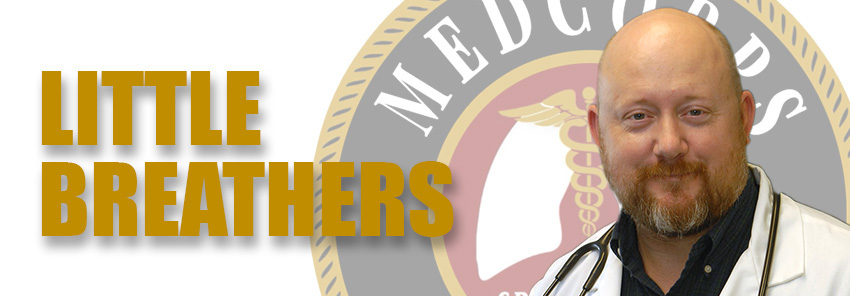
Navigating Poor Air Quality: A Guide for Patients with Asthma and COPD
By Allen L. Silvey, Jr., DO
For individuals living with respiratory conditions such as asthma and chronic obstructive pulmonary disease (COPD), poor air quality can pose significant risks to their health. Air pollution, smoke, allergens, and other environmental factors can trigger symptoms and exacerbate the underlying conditions. However, by taking proactive measures and adopting certain precautions, patients can minimize their exposure and stay safe even in areas with compromised air quality. In this article, we will explore practical strategies to help patients with asthma and COPD protect themselves during times of poor air quality.
- Stay Informed:
- Create an Indoor Safe Haven:
- Keep windows and doors closed: Prevent outdoor pollutants from entering your home by keeping windows and doors shut, especially during peak pollution hours.
- Use air purifiers: Invest in high-quality air purifiers equipped with HEPA filters to reduce indoor pollutants, including dust, pollen, and pet dander. Place them in frequently used rooms and bedrooms for maximum benefit.
- Avoid indoor irritants: Minimize exposure to potential triggers such as tobacco smoke, strong odors, cleaning chemicals, and volatile organic compounds (VOCs) from household products. Opt for natural and fragrance-free alternatives whenever possible.
- Maintain humidity levels: Keep humidity in check, as high levels can promote the growth of mold and dust mites. Use dehumidifiers in humid climates and consider using a humidifier in dry climates to maintain optimal indoor humidity levels.
- Keep a clean living environment: Regularly clean your living space, vacuum with a HEPA filter, and dust surfaces to reduce the accumulation of allergens and pollutants.
- Protect Yourself Outdoors:
- Wear a mask: Utilize a well-fitted mask designed to filter out fine particulate matter, such as an N95 mask or an equivalent. These masks can significantly reduce your exposure to airborne pollutants.
- Cover your nose and mouth: Consider using a scarf or a bandana as an extra layer of protection to cover your nose and mouth when air quality is compromised.
- Plan outdoor activities wisely: If you engage in physical activities, choose locations away from major roadways or industrial areas, as they tend to have higher pollution levels. Opt for areas with abundant green spaces, as plants can help filter the air.
- Monitor symptoms: Be aware of any changes in your breathing, coughing, or overall respiratory health while outdoors. If you experience worsening symptoms, seek shelter in a cleaner environment and contact your pulmonologist if necessary.
- Medication Management:
- Adhere to prescribed medication regimens: Take your prescribed inhaler medications regularly as advised by your pulmonologist. This can help maintain better control over your respiratory condition, reducing the impact of environmental triggers
- Carry a rescue inhaler: Keep a rescue inhaler with you at all times, especially when venturing outdoors. This quick-relief medication can provide immediate relief during asthma or COPD exacerbations. If you need one please call us.
- Consult your pulmonologist: If you anticipate prolonged exposure to poor air quality or notice a significant increase in symptoms, consult your pulmonologist. They may adjust your medication plan or recommend additional interventions to mitigate the impact of air pollution.
Keeping abreast of air quality conditions is vital for patients with respiratory conditions. Utilize resources like local air quality websites or smartphone applications that provide real-time air quality index (AQI) updates. Be aware of the air quality forecasts and take necessary precautions accordingly. On days when air quality is particularly poor, consider limiting outdoor activities or planning them during times when pollution levels are lower, such as early morning or late evening.
When outdoor air quality is compromised, it is essential to ensure that your indoor environment is as clean as possible. Follow these guidelines to maintain a healthier indoor space:
While it's best to limit outdoor exposure during periods of poor air quality, sometimes it is unavoidable. When you must venture outside, take these precautions to safeguard your respiratory health:
Proper management of medication is crucial for individuals with asthma and COPD, particularly during periods of poor air quality. Follow these medication-related tips:
For patients with asthma and COPD, staying safe during periods of poor air quality is crucial for maintaining good respiratory health. By staying informed, creating an indoor safe haven, protecting yourself outdoors, and managing medications effectively, you can reduce exposure to environmental triggers and minimize the impact of air pollution on your well-being. Remember to consult with your pulmonologist for personalized advice and additional strategies to protect yourself in your specific circumstances. Stay proactive, and prioritize your respiratory health in all environments.
Give us a call at 856-352-6572 to schedule an appointment



